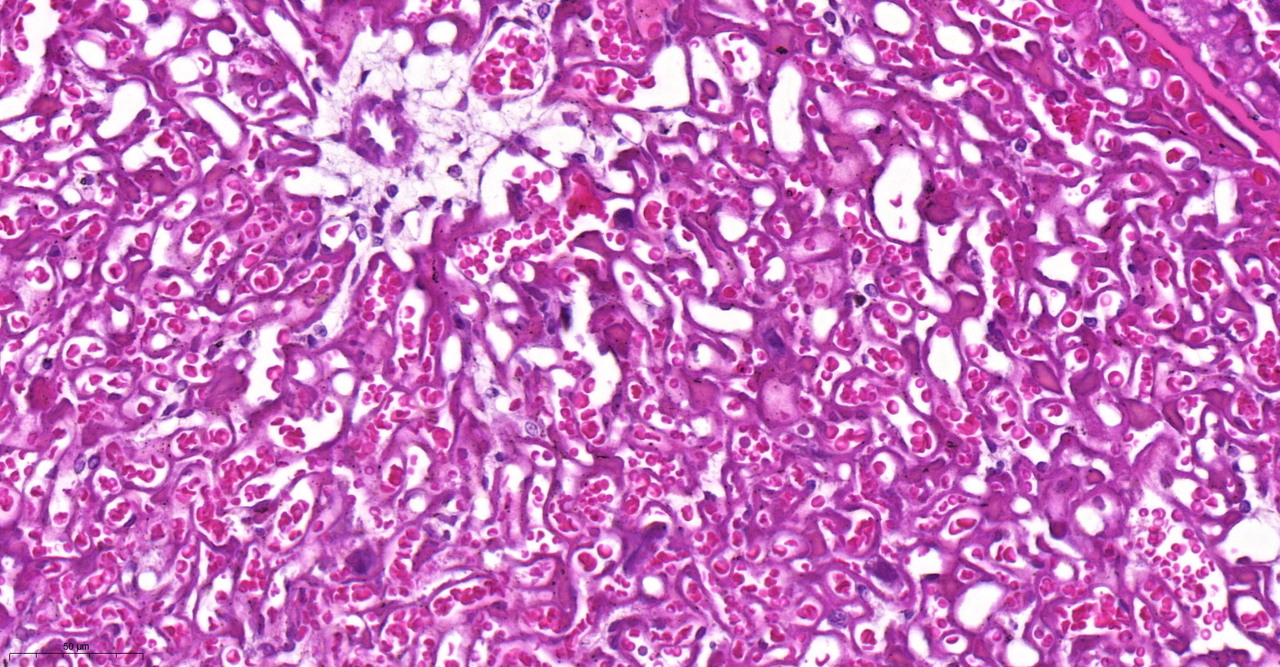The two substances that change when the placenta is inflamed that can trigger premature births
Tania Maria Ruffoni Ortiga

Among the various proteins in our body, the so-called ABC transporters (ATP-Binding Cassette) are among the most important. Present from humans to bacteria, these transporters are located in the cell membrane and move various substances in and out of them, including bile salts, cholesterol and some drugs. “They are so fundamental that they exist in great quantity in order to ensure overlap: if one is missing or weakened, another is already in action to compensate,” explains the researcher Tania Maria Ruffoni Ortiga, Full Professor and head of the Translational Endocrinology Laboratory of the Carlos Chagas Filho Institute of Biophysics, Federal University of Rio de Janeiro (UFRJ).
During pregnancy, they function as true gates to the placenta, controlling and removing toxins around the fetus and returning them to the mother, in order to protect the baby from harmful substances.
A first mapping carried out by the project team shows that, in the occurrence of premature birth, about 30 of these transporters undergo some sort of changes. “We decided to focus on the two that change the most during premature childbirth, PGP (P-glycoprotein) and BCRP (Breast Cancer Resistance Protein), to see if there were any common elements between them and determine if they might be biomarkers that could indicate prematurity”, says Tania.
The aim of her team’s study was to evaluate how different types of infections alter ABC transporters and whether this alteration could be one of the triggers or risk factors for premature births. To evaluate this, the team used placental models of female mice infected with malaria, bacteria and Zika virus. In the latter case, it was also possible to investigate the presence of transporters on the human placenta. In all situations, the researchers observed that there was a decrease in these two transporters in the placental cell membrane. “Is this good or bad? Is it to preserve the fetus or does it lead to an accumulation of toxins that trigger premature childbirth? We still don’t know, and we need more studies to come up with conclusions on this” says Tania.

PGP carries antibiotics, antivirals and antiparasitic drugs. In general, it removes drugs and toxic substances that can be passed to the fetus. This can be a problem in cases where a medication needs to reach the baby. BCRP is linked to the transport of folic acid. “When it increases too much, it can be harmful,” says the researcher. “We still don’t know if the decrease in these two carriers contributes to premature birth or if they are part of a mechanism that tries to prevent it.” To answer this question, it will be necessary to continue the studies, ideally with transgenic animals. So, the team can artificially increase and decrease these transporters in the placenta and evaluate these two effects on the triggering of premature birth. It could also be possible to achieve the same effects with some drugs, according to the researchers.
In addition to the scientific results of this basic research, which are important for the continuation of other studies, the project had some other positive side effects as well. Because of it, one of the team members, researcher Enrrico Bloise, from the Federal University of Minas Gerais (UFMG), became a professor at the university and all of his research has developed out of this project. In addition, Tânia managed to create a vivarium, a place where animals are kept for later use in scientific experiments, in her laboratory and also a new line of research on the influence of ABC transporters on the placenta. “The Grand Challenges changed my career and my way of doing science,” she says.

